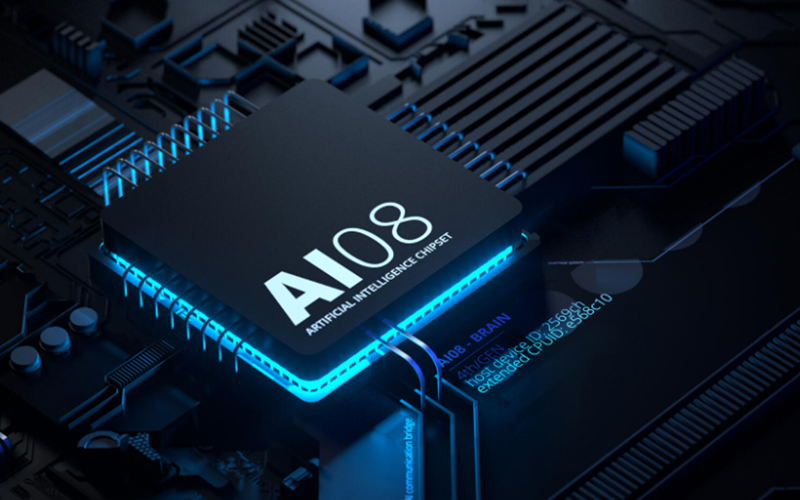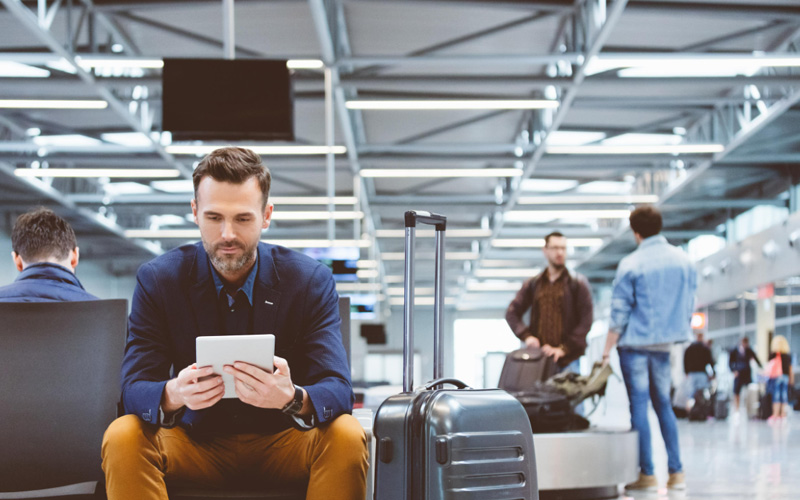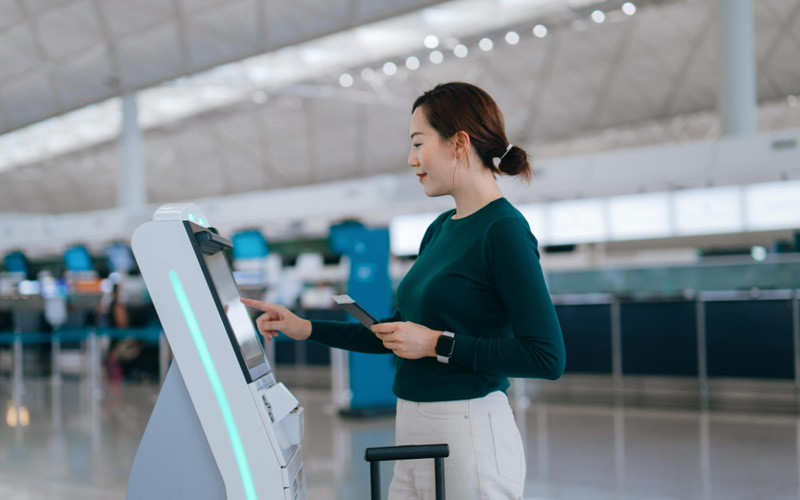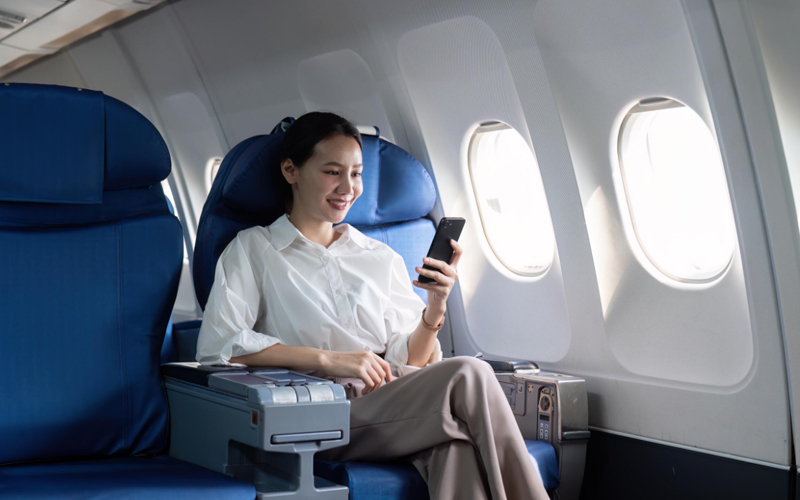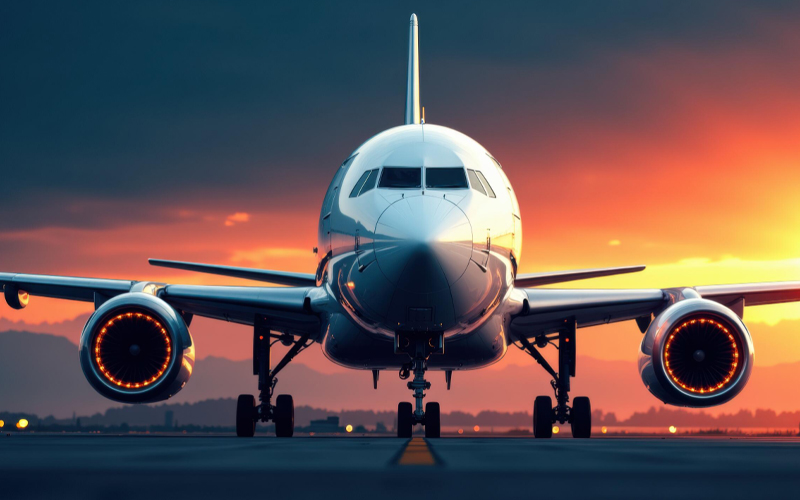Artificial Intelligence (AI) is driving a remarkable shift in the hospitality industry. As businesses seek to deliver more personalised, seamless, and memorable guest experiences, AI is playing an increasingly vital role. The global market for AI in the hospitality industry is set to grow from $20.47 billion in 2025 to $58.56 billion by 2029 at a CAGR of 30.1%. This surge underscores how artificial intelligence in hospitality in shaping the future of guest experiences worldwide.
Artificial intelligence in hospitality
Today, AI in the hospitality industry is moving far beyond simple chatbots. It is revolutionising how hotels understand and serve their guests, making each stay more personalised, efficient, and enjoyable. Here is how AI innovations in the hotel industry are helping transform guest experiences:
Personalising guest experiences
Modern travellers expect personalised recommendations at every step. AI-powered recommendation engines help hotels suggest dining options, amenities, and local attractions tailored to individual preferences. Targeted marketing campaigns and bespoke packages allow brands to engage guests more effectively while offering personalised rewards for better loyalty management. Moreover, real-time translation tools are breaking language barriers, making international guests feel more at home.
Enhancing in-room experiences
Guests increasingly value control and convenience during their stay. AI-powered, voice-activated devices allow them to adjust lighting, temperature, and entertainment systems effortlessly. Moreover, AI in the hotel industry also facilitates smart room customisations, ensuring hotels can tailor each guest room to suit personal preferences to create a unique and memorable environment.
Optimising services
Behind the scenes, AI in the hotel industry is helping teams manage stocks for essentials like linens and toiletries, ensuring they are always available without overstocking. AI tools also optimise housekeeping schedules based on real-time check-ins and check-outs, allowing for faster room turnover and a smoother guest experience.
Redefining customer service and interactions
AI-powered chatbots and virtual assistants are now central to guest interactions. From handling common inquiries to fulfilling special requests, these tools ensure prompt, accurate, and personalised service around the clock. Virtual assistants enhance the overall experience, freeing up hotel staff to focus on more complex guest needs.
Strengthening security
Security and convenience go hand in hand. Integrating biometrics technology with AI in the hospitality industry is becoming an effective solution for real-time identity verification, enabling contactless check-ins, securing payments, and replacing lost room keys with minimal disruption. Automated check-in systems streamline arrivals and departures, improving operational efficiency while maintaining security standards.
Offering immersive experiences with Virtual Tours
Hotels are increasingly adopting virtual tours and augmented reality features to enhance guest experiences. Guests can explore facilities, preview room layouts, or plan events through AI-powered immersive digital experiences before they even set foot on the property, setting expectations and enhancing satisfaction.
Helping organisations in their digital transformation journeys, Infosys BPM allows hospitality brands to integrate artificial intelligence in hospitality seamlessly into their operations. From optimising customer service with chatbots to enhancing brand loyalty through personalised loyalty management solutions, Infosys BPM helps hotels deliver standout guest experiences while driving operational efficiency.
Hotel brands leveraging AI innovations to transform guest experiences
Leading hotel groups are already embracing artificial intelligence in hospitality to set new benchmarks in guest service.
- Marriott Bonvoy: Uses AI-powered search to streamline natural language searches across 140,000 luxury rentals via Homes & Villas.
- Universal Orlando Resort: Implements facial recognition technology for contactless, efficient park entry.
- InnVest Hotels: Deploys AI-enhanced hotel delivery robots for seamless guest item delivery.
- Marriott: Employs AI-driven chatbots, data analytics, and personalised recommendation engines to boost loyalty and direct bookings.
- Hilton: Integrates robotic concierges, smart room tech, and AI chatbots to enhance guest satisfaction.
- InterContinental Hotels Group (IHG): Offers AI-powered mobile apps for real-time travel assistance and smart room controls.
Future of AI in the hospitality industry
As AI continues to evolve, hotels must address key challenges such as the high cost of implementation, potential mismatches between AI solutions and operational needs, and adoption barriers. Phased rollouts and strategic technology partnerships will be critical for success.
However, despite the challenges, the future promises even more exciting innovations, including predictive room service that anticipates guest needs, robot-assisted cooking and smart kitchens, IoT integration, and the rise of fully automated hotels. The role of AI in the hospitality industry will only continue to grow, driving unprecedented levels of personalisation, efficiency, and guest satisfaction.
Conclusion
AI in the hospitality industry is no longer a futuristic concept but a reality presently reshaping how hotels deliver exceptional guest experiences. From personalised recommendations and smart room controls to real-time customer service and predictive operations, artificial intelligence in hospitality is setting a new benchmark for excellence. As technology continues to evolve, hotel brands that embrace AI innovations in the hotel industry will lead the way in driving loyalty, satisfaction, and growth. Staying agile and investing wisely in the right AI solutions will be key to thriving in this dynamic and guest-driven era.



